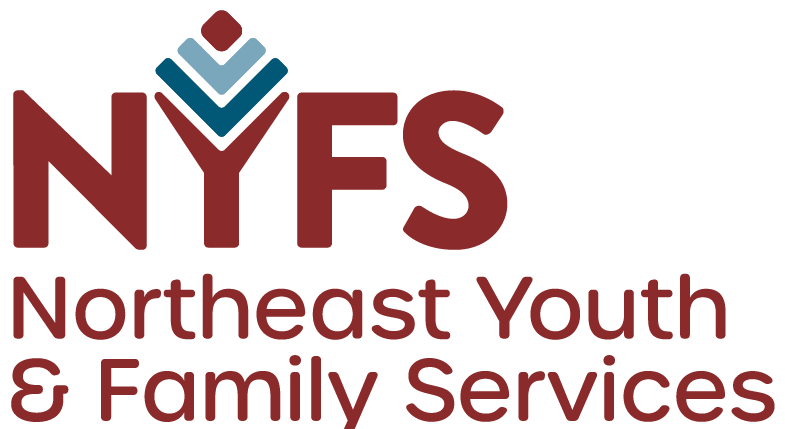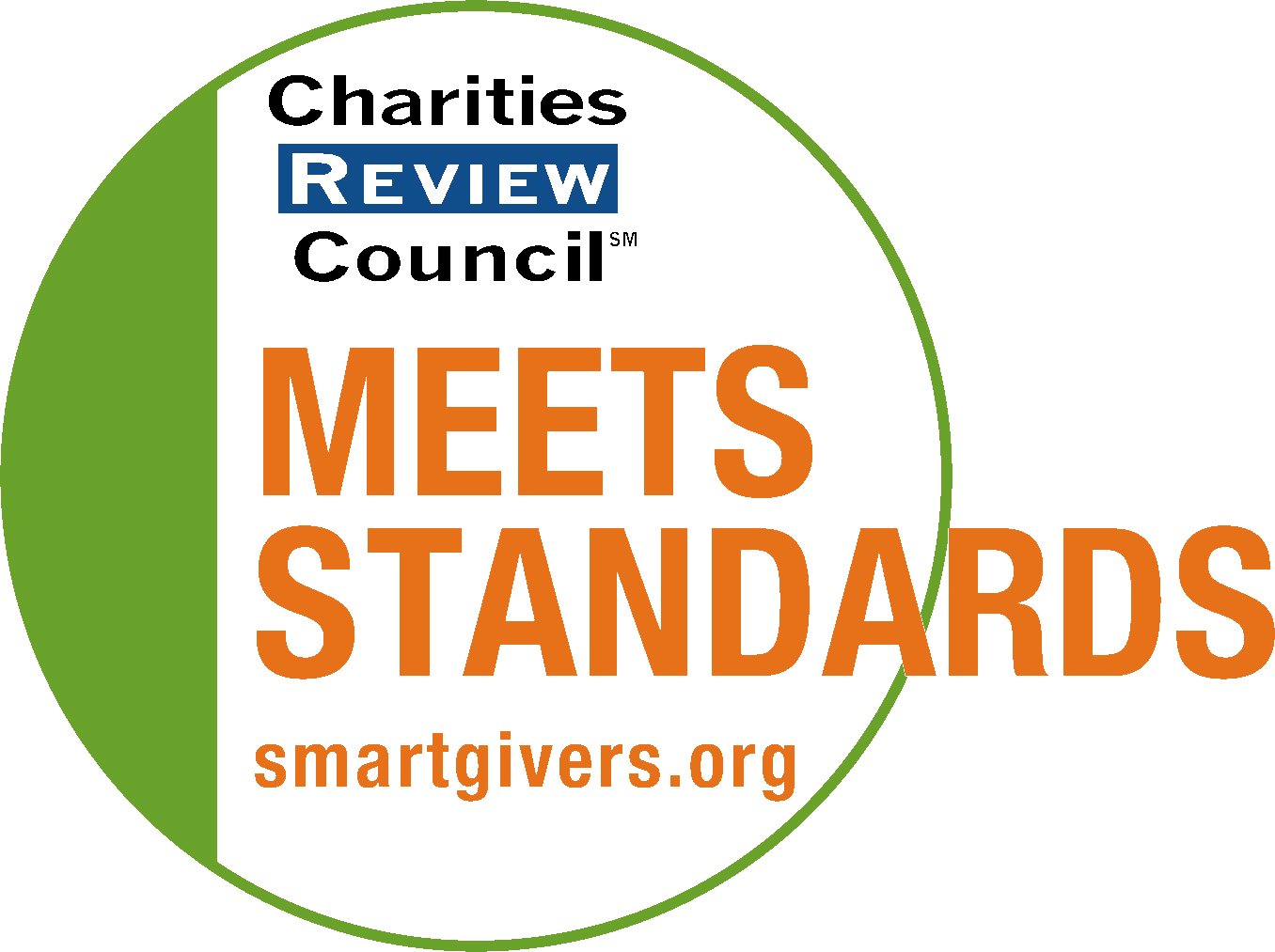
1. Ensure culturally responsive practices are prioritized in all aspects of the organization and embedded within all programs.
a. Support staff and board self-reflection and integration of diversity, equity, inclusion, and belonging (DEIB) through establishing a DEIB Committee on the Board of Directors, staff trainings, a comprehensive onboarding protocol, the use of the Intercultural Development Inventory, and implementation of culturally responsive practices in supervision, consultation, and client care.
b. Develop opportunities for staff and community voice through transforming the Community of Hope Committee into an agent of organizational change, creating a Youth Advisory Committee, and holding focus groups representing our diverse community.
c. Strive for representation of diverse communities, especially racial and cultural communities, on the Board of Directors, leadership team, and staff. Continue to invest in the development of diverse providers through programming including our Steps Toward Equitable Practices Scholars (STEPS) program and staff clinical pathways. Ensure that human resources policies support best practices for recruiting, retaining, and supporting an inclusive workforce.
d. Ensure high-quality linguistic access for clients through translated documents and staff training on working with interpreters. Explore and expand opportunities for culturally specific programming to meet the individual needs of diverse populations seeking care at NYFS.
e. Invest in staff inclusion and belonging through cross program collaboration, training, and quarterly staff pulse surveys. Create an environment of trust through clear, kind, direct feedback, and support of one another.
f. Engage in comprehensive evaluation and data analysis, disaggregating data by client demographics to review client outcomes and trends to determine where possible bias may impact client experience. Work with culturally specific organizations to understand barriers to accessing care at NYFS for specific populations.
2. Grow financial stability and sustainability to expand mission impact in alignment with our organizational values.
a. Align annual budget to fund all expenses from revenue, including all cash receipts. Sustain a 3.5-month operational reserve.
b. Develop a strategic view of our capital assets, particularly our Shoreview Headquarters, which will inform a plan for strong management and investment in them. Create a plan for fully funding all depreciation within five years; funding of depreciation will provide capital for our Building Reserve Fund.
c. Maintain and increase diversity of funding sources with a focus on increasing our individual and civic donor contributions. Use Community Centric Fundraising principles
and shift fundraising from an event-based model to a collaborative, community-driven model aligned with our values.
d. Maximize earned revenue potential by increasing insurance reimbursement to industry standards and improving efficiency in internal structures and systems.
e. Establish a robust, community-based volunteer program.
3. Build a framework for programs that clarifies and enhances our provision of high- quality services.
a. Identify and invest in core services and areas of staff skill, training, and effectiveness. Seek feedback on core areas of strength and service gaps through engagement with our community partners and clients. Review specific gaps such as: group programming, case management and advocacy, elder services, early childhood mental health, and youth development services.
b. Develop a strong evaluation and data analysis program including quantitative and qualitative data. Review client demographics, staff and organizational competencies, and larger community needs through data analysis. Apply this learning to our service offerings.
c. Deepen relationships with community partners and establish strategic partnerships and agreements with 8-10 agencies for collaborative support ensuring clients are connected with resources best able to meet their individual needs.
d. Develop a comprehensive framework for the NYFS model of care, integrating culturally responsive and trauma responsive services addressing a spectrum of youth and family needs at multiple levels of care.
e. Invest in supervision and management training to establish NYFS as a leader in enhancing provider wellbeing and work sustainability when providing trauma responsive care through reflective practices.
4. Mature as a prominent, recognized, and respected resource for our communities.
a. Develop a comprehensive marketing and advertising strategy which includes enhancing our digital presence and Search Engine Optimization (SEO).
b. Heighten community visibility and outreach by increasing attendance at community events, developing additional collaborative partnerships with area agencies, and deepening our relationships with local school communities.
c. Become a source of expertise in mental health with the local community. Explore the feasibility of creating a NYFS Training Program providing high-quality, accessible training and education to professionals, partners, and the community.
d. Expand engagement in state and local policy advocacy affecting our client population. Be a vital partner in systems change efforts through strong partnerships with professional organizations and advocacy groups.
e. Develop a reputation for excellence in staff training and support. Establish practices that support our family-first work environment and prioritize work sustainability and wellness.


